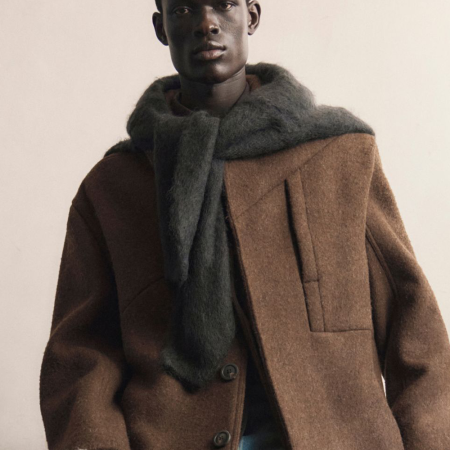Bad news for those of us who like to stay up late: A new study of mortality rates of nearly half a million people finds that those who prefer to stay up late were more likely to be dead at the end of a six-and-a-half-year period. This is the first study linking mortality risk to night-owl sleep habits, according to The Los Angeles Times. The results could help researchers better understand what role circadian rhythms play in human health. This is not, however, the first study to look at whether being a night owl affect someone’s health. Some research has linked a preference for sleeping late to high rates of diabetes, heart disease and obesity, among others, reports LA Times. But this new study links sleeping late and an earlier death. “We wanted to see whether this translated also into an increased risk of mortality and no one had done that before,” said lead author Kristen Knutson, an anthropologist at Northwestern University, to LA Times. The researchers studied the health outcomes of 433,268 people from ages 38 to 73 using data from a cohort study.
“What we found is that the night owls, the definite evening types, were the ones that were at increased risk of mortality compared to the definite morning types — and the middle groups really weren’t,” Knutson said. “So it was really something about being a true evening type that was problematic.”
It is unclear why night owls are more likely to die, but researchers had some ideas, mainly that there is a mismatch between a night owl’s internal biological clock and their behavior and environment, which is problematic.
Thanks for reading InsideHook. Sign up for our daily newsletter and be in the know.


















